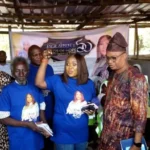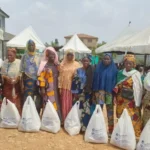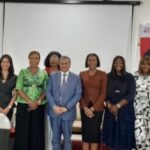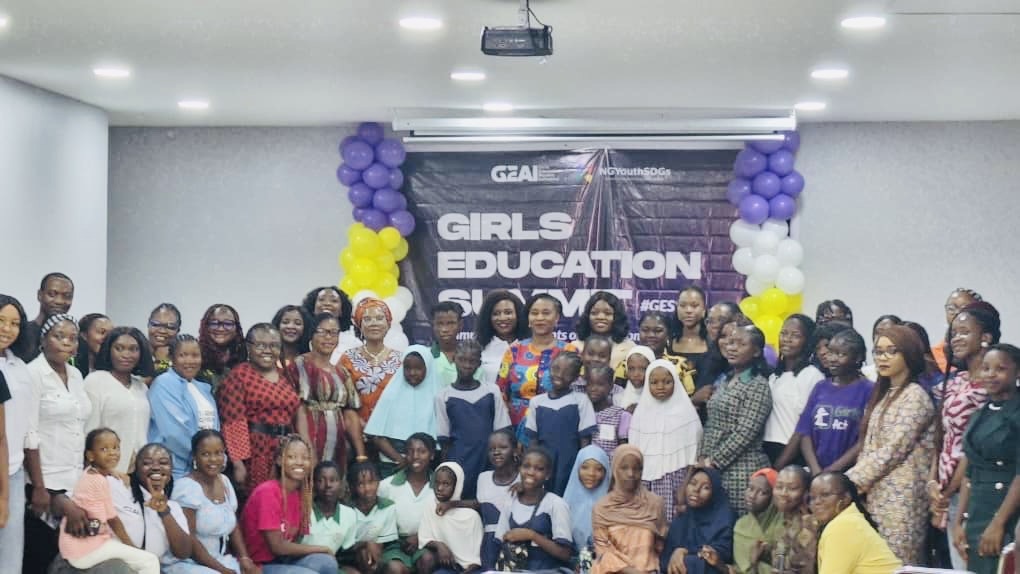By Justina Auta
Education stakeholders have called for the implementation of policies to achieve the Sustainable Development Goals (SDGs), promote girl-child education, and reduce Sexual and Gender-Based Violence (SGBV) cases.
The stakeholders made the call on Thursday at the 2024 Girls Education Summit (GES’24), organised by the Girls Education Access Initiative (GEAI) and the Network of Youths for Sustainable Development Goals (NGYouthSDGs) in Abuja.
Mrs Kemi Gbadamosi-Braimah, Founder of GEAI, highlighted the alarming figure of over 10 million out-of-school children in Nigeria, with girls and young women accounting for more than 60 per cent of the total.
“Nigeria faces a crisis of uneducated girls. If unaddressed, this will lead to a generation of women lacking literacy. Educating girls with at least 12 years of quality education can bring trillions in development gains,” she said.
Gbadamosi-Braimah stressed the need for collective implementation and strengthening of policies and practices to address this challenge.
She also called on community leaders, NGOs, and stakeholders to champion girls’ rights and education policies.
She noted that GEAI has empowered over 200 young girls and women through improved access to education, skills training, and community mobilisation on girls’ rights.
James O’Donoghue, First Secretary for Development Diplomacy and Education at the British High Commission, reiterated the UK’s commitment to supporting Nigeria’s education sector.
He described girls’ education as a transformative investment that boosts economic and social development, alleviates generational poverty, and contributes to national GDP growth.
“It also reduces child marriage and maternal mortality rates,” he added.
Mrs Christina Uzo-Okamgba, Founder of the Tabitha Empowerment Centre (TEC), identified child marriage, harmful cultural practices, patriarchal norms, and sexual violence as key barriers to girls’ education.
“These vices deprive girls of their right to education and limit their potential to contribute meaningfully to their communities and national development,” she said,
She also urged stakeholders to ensure inclusive education for vulnerable children, especially survivors of GBV.
Speaking on behalf of traditional leaders, Alhaji Yunusa Bako-Abdullahi, District Head of Karonmajiji community in Abuja, appreciated the organisations for their role in promoting girl-child education.
He was represented by Alhaji Mohammed Gidado.
The summit also featured panel discussions on bridging policy and practice in girls’ education and addressing barriers to education with strategic recommendations.
Students from Junior Secondary School (JSS) and Local Education Authority (LEA), Kpegi, shared how GEAI projects in their community had motivated them to return to school and complete their education. (NAN) www.nannews.ng
Edited by Kadiri Abdulrahman












